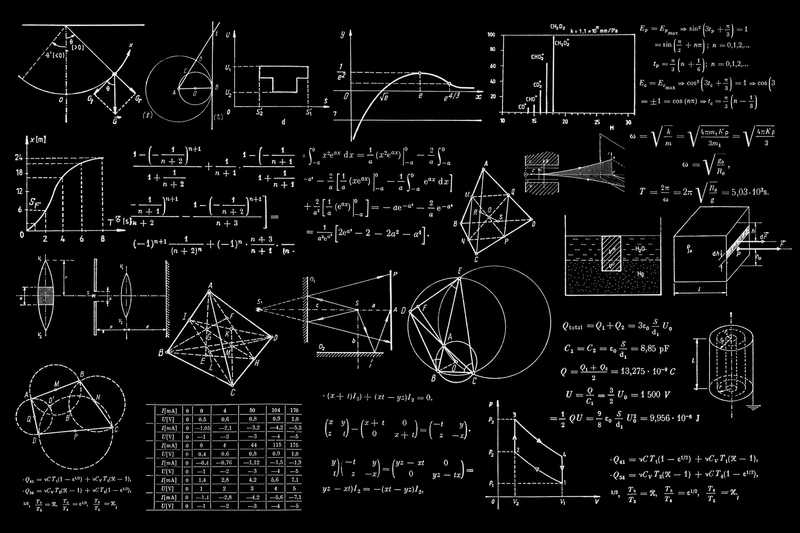 Photo by Dan-Cristian Pădureț on Unsplash
_
Photo by Dan-Cristian Pădureț on Unsplash
_
Summary
Here is a quick cheatsheet that I use to remind me of the main features of the regexp classes.
(This document being meant to be printed / PDF-ed, I will make as little commentary as possible)
Character types/classes
| Symbol |
Meaning? |
. |
Matches any character, except newline |
\d |
Matches any digit, i.e. [0-9] |
\D |
Matches anything which is not a digit |
\w |
Matches any alphanumeric character, and underscore. (So [A-Za-z0-9_]) |
\w |
Matches any character which is not an alphanumeric character |
\s |
Matches any whitespace character (space, tag, line feed) |
\t |
Matches an horizontal tab |
Assertions, i.e. tests
| Symbol |
Meaning? |
^ |
Matches the beginning of an input (or immediately after line break in multiline mode) |
$ |
Matches the end of input (or immediately before linebreak in multiline mode) |
\b |
Matches a word boundary. This is not a character per se, just the indication of word break |
\B |
Matches a non-word boundary |
x(?=y) |
Matches x only if it followed by y. Ex: <(?==) matches the character < in <= but not < |
x(?!=y) |
Matches x only if it is not followed by y. Ex: <(?!=) matches < but not <= |
(?<=y)x |
Matches x only if x is preceded by y. Ex: (?<==)> matches the > in => |
(?<!y)x |
Matches x only if x is preceded by y. Ex: (?<!=)> doesn't match the > in => but does match a simple > |
Group and Ranges
| Symbol |
Meaning? |
x | y |
Matches x or y. Example: or | and will match or and and, but will not match o |
[xyz] |
Matches each of the characters in the square brackets, not their concatenation |
[^xyz] |
Matches any character not part of the sample |
(x) |
Matches x and remember the match, in a "group". (See functions below) |
(name:x) |
Matches x and remember the match, in a "group", under the name "name". (See functions below) |
Most used functions
| Function |
Memo |
regexpObj.test(stringParam) |
returns true or false, whether stringParam contains a match for regexpObj |
stringParam.search(regexpObj) |
returns the index of the first match, or -1 if not found |
stringParam.matchAll(regexpObj) |
returns an iterator of all the matches. (Can be used with for ... of or with a spread operator) |
stringParam.replaceAll(regexpObj, string2) |
returns a new string where all matches of regexpObj have been replaced by string2 |
See you next time! 😎
 Photo by Dan-Cristian Pădureț on Unsplash
_
Photo by Dan-Cristian Pădureț on Unsplash
_